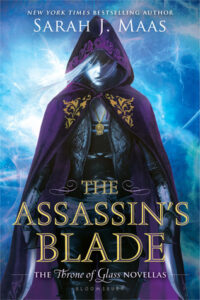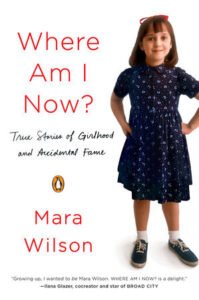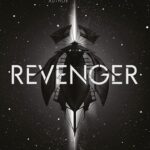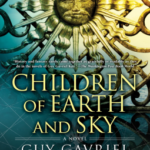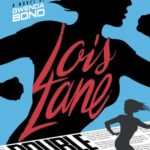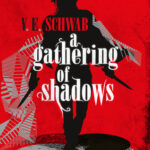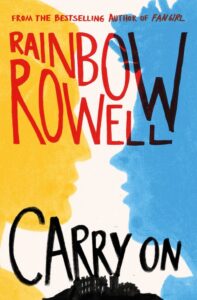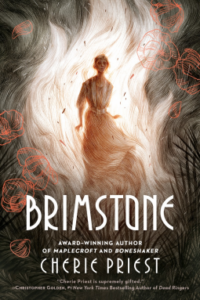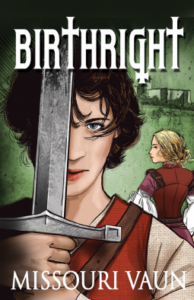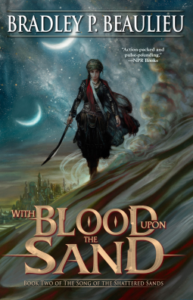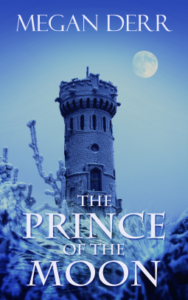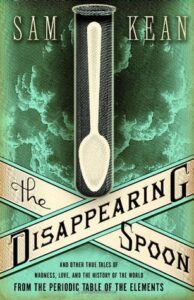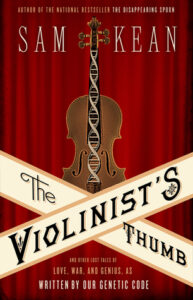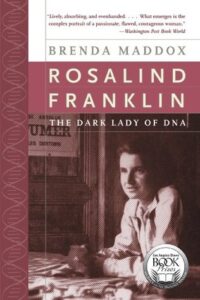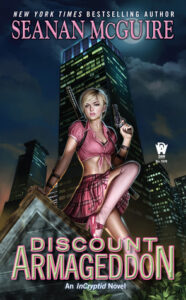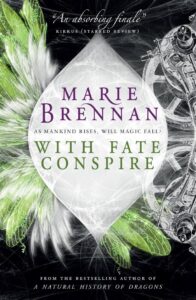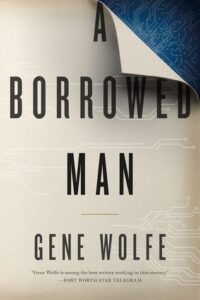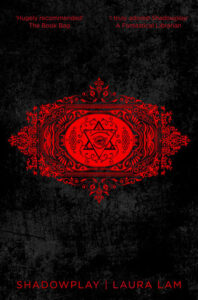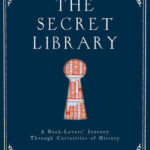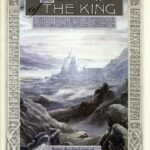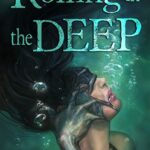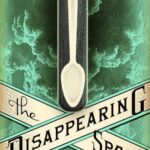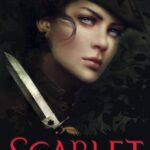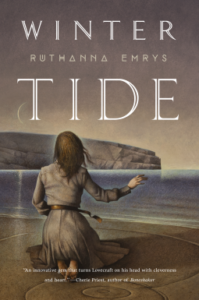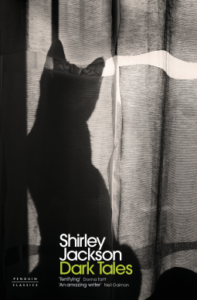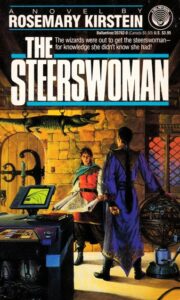 The Steerswoman, Rosemary Kirstein
The Steerswoman, Rosemary Kirstein
The Steerswoman is an interesting novel with a fantasy feel, but some hints that it might be more of a science fiction universe — especially if you see the original cover of the second book. In this book, the hints are subtle but do begin to build up, and even if you jump ahead in your guesses, it’s strangely satisfying to watch the eponymous steerswoman, Rowan, get stuck into the problem.
That’s probably starting at the wrong end, so here’s the intro: The Steerswoman is a fascinating novel which follows a character called Rowan as she investigates the world around her. She’s a steerswoman, a group of people who investigate the world around them by asking questions, making observations, and eventually forming theories. If a steerswoman asks you a question and you don’t answer, no steerswoman will ever answer you again. This can be quite a big moral dilemma and it produces some interesting conflicts.
Alongside Rowan is a female warrior from the Outskirts of their world, Bel. She’s got a different and refreshing view on it, and she and Rowan are both clever and capable in their own ways. You’d think they make a bit of an odd couple (so to speak), but actually they work together pretty well. There’s also a third member of their little band, later on, a boy called Willam, who despite being common-born, knows some of the tricks that only wizards are supposed to know…
The whole point of this novel is discovery, questioning, and whether any limits on knowledge should be accepted — and indeed, whether perhaps there might be a reason for keeping some secrets hidden. It doesn’t feel like a conventional fantasy novel — in fact, Rowan is a scientist, a logician, a mathematician — though it ultimately seems to sit in that genre. I enjoyed it a lot, and look forward to reading more. The pace is a little slow, and I hear it doesn’t much speed up, but the individual arc of the book has been solved so that it doesn’t feel like a cliffhanger.
Oh, and it’s casually queer — there are a pair of wizards, brother and sister. It turns out they both love the same woman. It’s a casual detail, but it’s nice to find such casual details sometimes.
Rating: 4/5
 Ayiti, Roxane Gay
Ayiti, Roxane Gay
